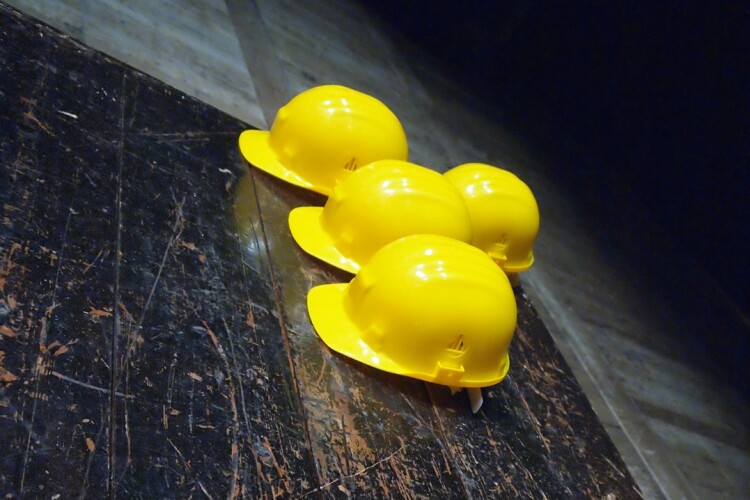This post was originally published on this site
https://www.theconstructionindex.co.uk/assets/news_articles/2025/10/1760426252_silvia-brazzoduro-ysxcf6c-seg-unsplash.jpgA government scheme to entice homeowners into installing insulation became a field day for cowboys, cheats and charlatans.
The government’s Energy Company Obligation (ECO) scheme required energy companies in Great Britain to fund the installation of energy efficiency measures, such as insulation, in homes.
But poor installation work has resulted in an estimated 22,000 to 23,000 homes with external wall insulation (EWI) fitted under the scheme (98% of the total) and 9,000 to 13,000 homes with internal insulation (29% of the total) having major issues that need fixing.
A small percentage of these installations also pose immediate health and safety risks because of damp and mould.
A new National Audit Office (NAO) report sets out the reasons for failures in the scheme, including poor-quality installations, weak government oversight and inadequate audit and monitoring.
Explanations offered as to why so many installations were carried out to such a poor standard include an under-skilled workforce, with work being subcontracted to individuals and firms who are not competent or certified; uncertainty over which standards apply to which jobs; and businesses cutting corners when undertaking design and installation work.
DESNZ implemented a new consumer protection system for the scheme in 2021, which included appointing TrustMark to take over technical monitoring of ECO from Ofgem. But this system failed to alert DESNZ to significant issues with the quality of installations until October 2024, by which time the media had already picked up on the story of Britain’s mouldy homes.

In November 2024 Ofgem estimated that businesses had falsified claims for ECO installations in between 5,600 and 16,500 homes, potentially fraudulently claiming between £56m and £165m from the energy suppliers operating under the scheme. (Installers were able to game the audit process by either being certified by multiple certification bodies or transferring their certification between bodies.)
DESNZ and Ofgem took action once TrustMark confirmed the extent of the problems. This included asking certification bodies and scheme providers to suspend the worst performing installers; communicating the issues to potentially affected households and to the wider public; and implementing immediate changes to the consumer protection system.
DESNZ also plans to apply the lessons learned from this experience to the design of its future schemes and its forthcoming Warm Homes Plan.
To improve the consumer protection system, and to boost householders’ confidence in government-backed schemes, the NAO recommends that DESNZ:
- takes clear responsibility for schemes such as ECO, even when they are funded through consumers’ electricity bills
- clarifies its approach to repairing faulty ECO scheme installations alongside its Warm Homes Plan
- reforms the consumer protection system for retrofit schemes, and
- reports annually on a statistically robust estimate of the level of fraud and non-compliance in each of its retrofit schemes.
Gareth Davies, head of the NAO, said: “ECO and other such schemes are important to help reduce fuel poverty and meet the government’s ambitions for energy efficiency.
“But clear failures in the design and set-up of ECO and in the consumer protection system have led to poor-quality installations, as well as suspected fraud. DESNZ must now ensure that businesses meet their obligations to repair all affected homes as quickly as possible. It must also reform the system so that this cannot happen again.”
Got a story? Email [email protected]


